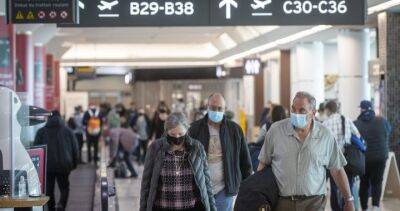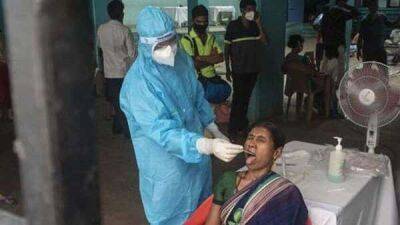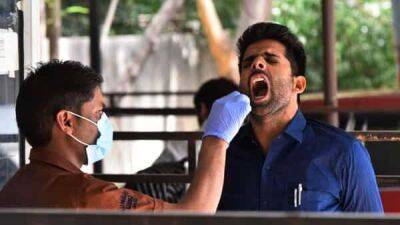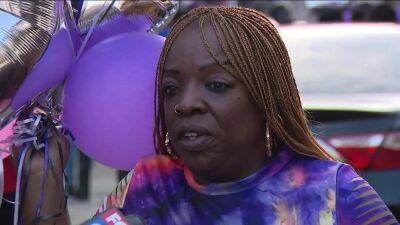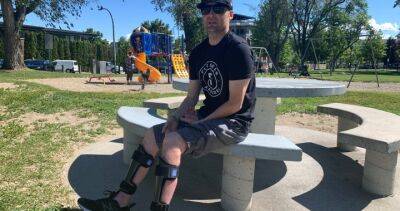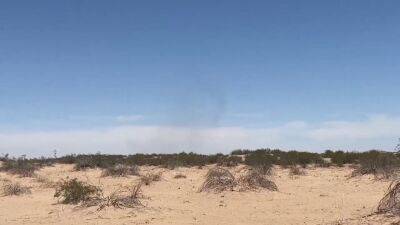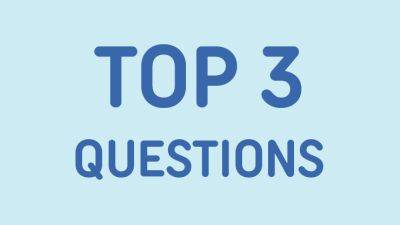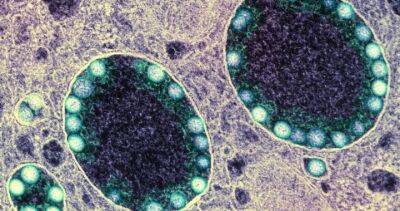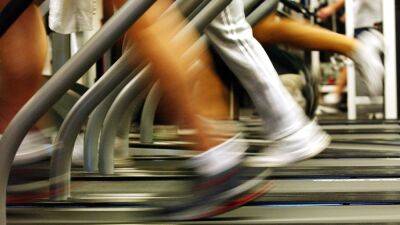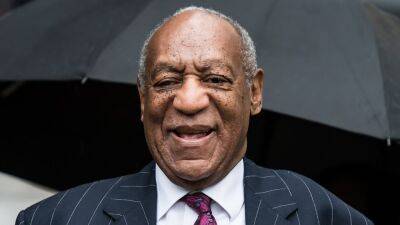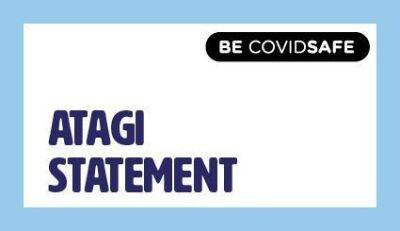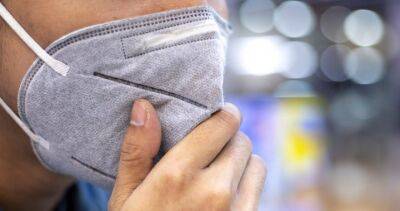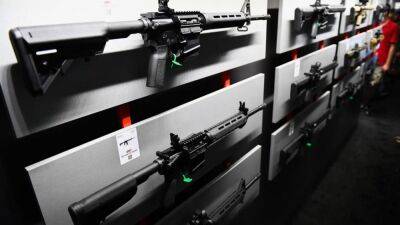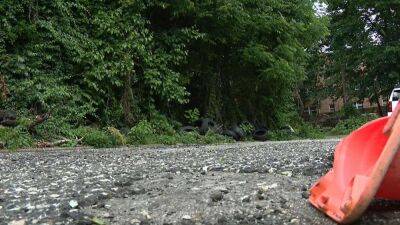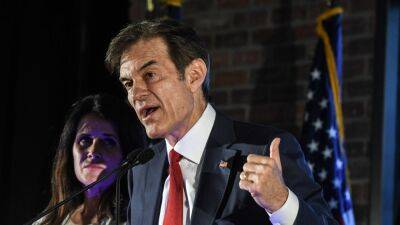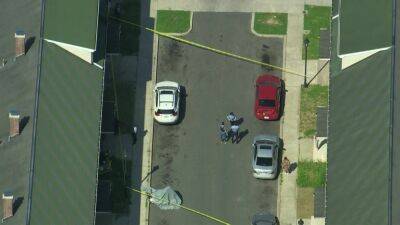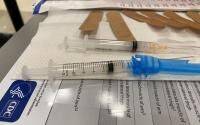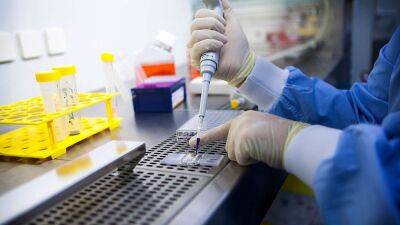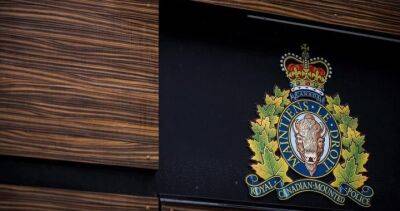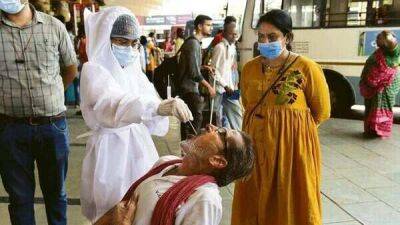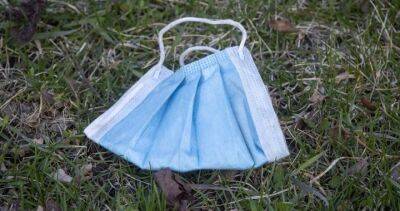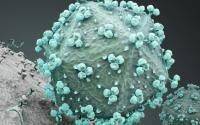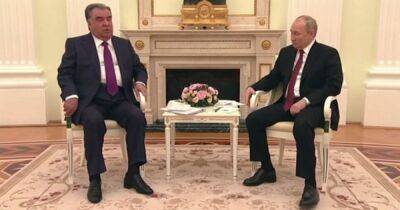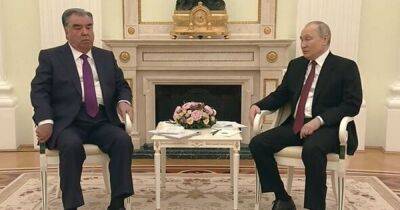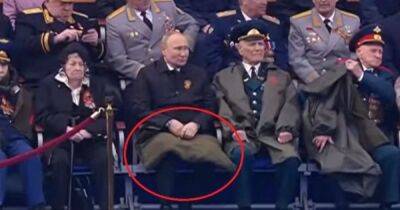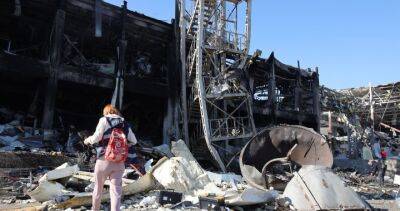Putin health fears grow as Russian dictator misses annual ice hockey match
Vladimir Putin has missed an annual ice hockey match that has been a regular fixture in his calendar since 2012, giving rise to more speculation about his health.The Russian leader, 69, has made a habit of showing off his skills on the ice at an annual match during Russia's Night Hockey League National Festival in May.But this year while Putin was 'expected' to take part, he instead sent a video message wishing competitors 'good luck in their ice battles' - despite the President being in the Black Sea report of Sochi where the match took place on Tuesday.
It is only the second time that the President has missed the game since 2012, with the first instance being due to acknowledged health problems.
Putin's spokesman Dmitry Peskov announced the president would not take part in the 2022 ice hockey festival.Instead in a video message Putin said: 'I wish you good luck in your ice battles and all the best. 'And as they say: may the best win.'In May 2021, Putin boasted that ice hockey was making him live longer, and he used his appearance at the game to scotch rumours over his health at the time.'You extend your life, you make it of better quality and deeper meaning,' he said.
But Putin's absence from this year’s ice hockey gala match has added to speculation about the Russian leader's health, which has reportedly been in decline since his invasion of Ukraine.

